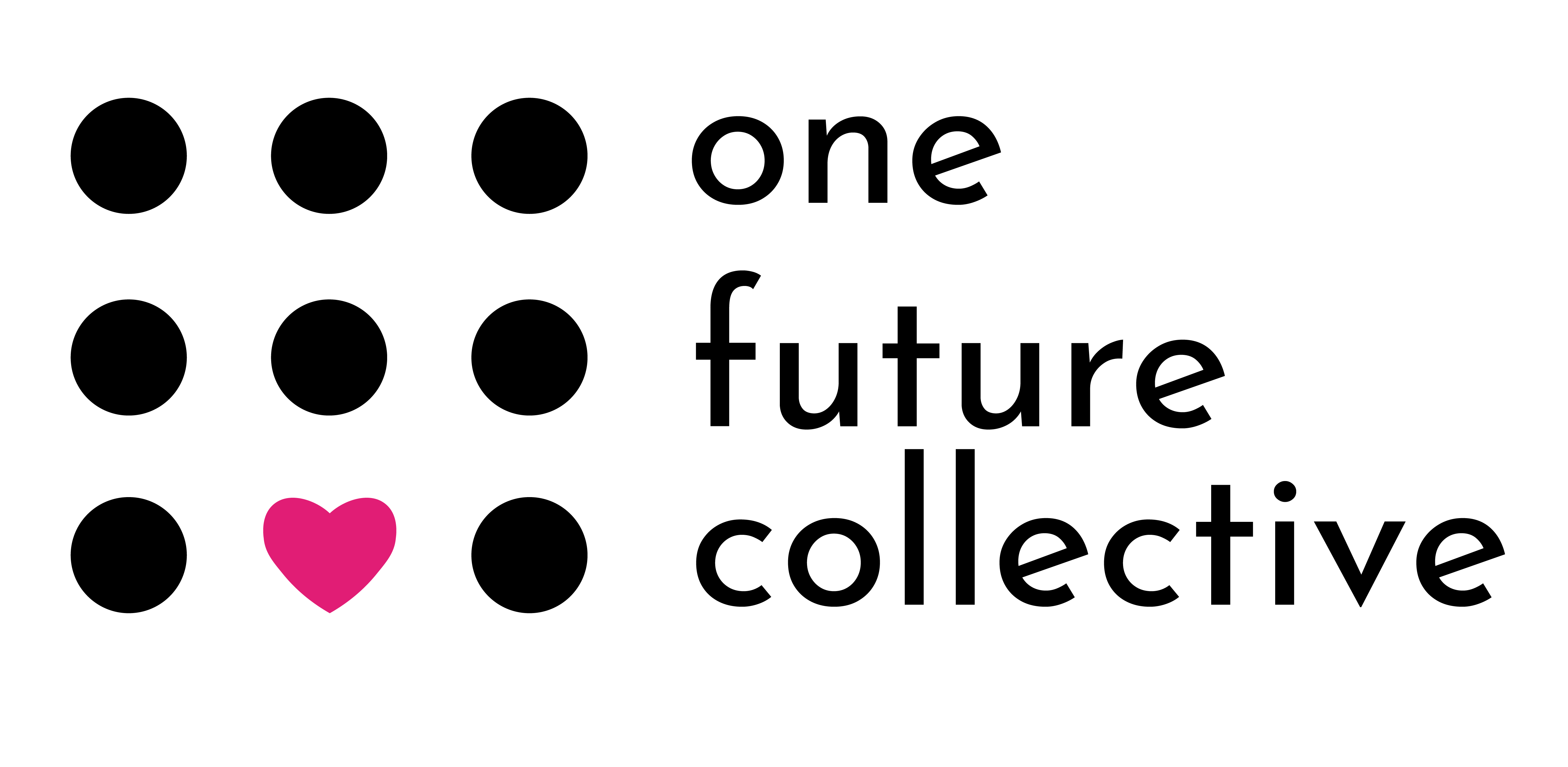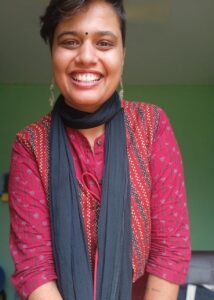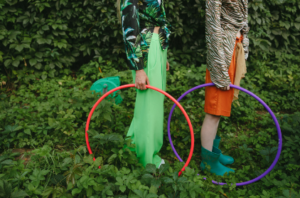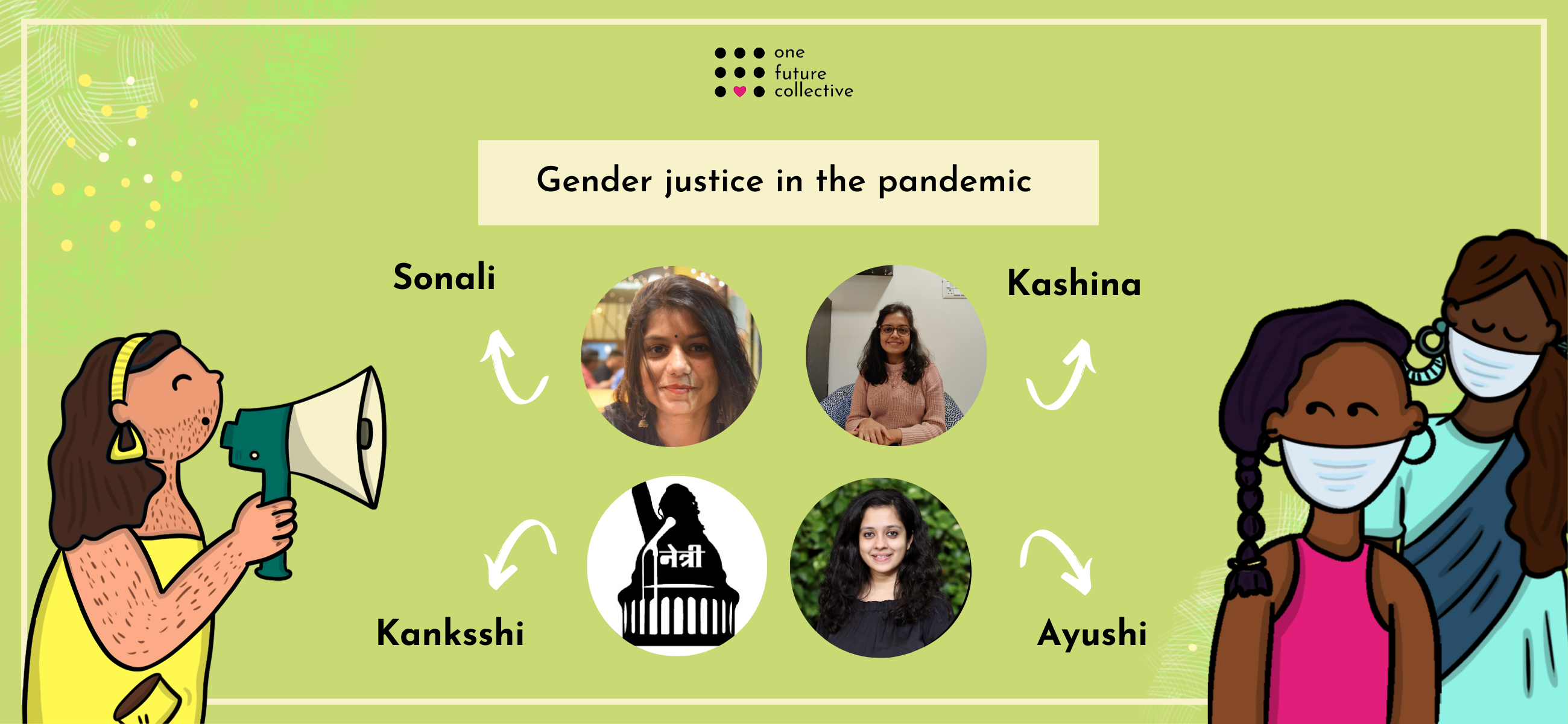3 Questions from SAHELI’s ‘Building a Brighter Future’ panel
At One Future Collective, our work is based on developing the leadership capacities of people and communities, towards enabling them to access their rights. Participating in conversations that centre key communities needing, and capable of propelling, structural change are therefore crucial in our journey to nurturing social justice leadership.
Our founder and CEO, Vandita Morarka, was a panelist on a panel titled ‘Building a brighter future: How do we empower young girls in our society?’. This panel was hosted by the Navi Mumbai Hub of the Global Shapers Community for their project SAHELI, and Teach for India, on September 16, 2023.
To learn more about the specific objectives of this panel, and to get to know the panelists alongside Vandita, visit here.
For a recording of the panel on YouTube, watch here.
The panel discussed the importance of preserving the choices of young girls, approaching the issue of agency resulting from education and employment with nuance, how the patriarchy is upheld in the everyday, such as through the ‘tabooing’ of menstruation. Read below to learn about our key lessons from this series.
- What does the patriarchy have to do with it?
Opening the conversation, panelist Prabha Vilas, founder and CEO of Work for Equality, discussed, with statistical evidence, the ‘double challenge’ of gender- and caste-based discrimination she faced in her journey as a first generation learner from a marginalised background. Panelist Samrudhi, who is a student working with Work for Equality, illustrated patriarchal oppression in the home in both rural and urban contexts through restrictions on women’s mobility and access to choice. Radhika Dhingra, founder of Badlaav Social Reform Foundation, further discussed how the patriarchy informs the physical, emotional and socio-cultural impact of menstruation on young women, leading to poor self-image, reduced self-confidence and physical and social mobility (through education and employment outcomes) for them. Vandita agreed, adding that oppression has multiple, changing agents – family members, caste groups, etc. The complex nature of power, she noted, can make it so that a group that may be marginalised in its own communities can be oppressive to others, stating the example of women from oppressor castes, who can perpetuate oppression not only to men and women from oppressed castes but also within their own families, to younger women. They also highlighted how patriarchal and other oppression need not always be active – sometimes, even the silence or inaction of those in positions of power can lead to continued oppression. They also gave examples of ‘patriarchy in small things’.
- Who are the key stakeholders in this process?
Through the discussion, the panelists identified three main stakeholder categories in the process of building a future for young girls: systems, communities, and the self. Vandita outlined this difference as being one of impact – while personal reflection and growth in understanding one’s rights and the processes of accessing them is important, ‘no amount of personal training can change a system’.
Prabha also highlighted the role of governments as an institution which are crucial to empowering young girls. Are policies written only on paper, or are they also executed for people? They stressed the importance of girl-led, girl-centered advocacy to improve how systems and communities see and engage with women – do people really want young girls to do better, if they are uncomfortable at the idea of women actually doing better and becoming ‘too’ loud, ‘too’ educated, occupying ‘too much’ space?
Vandita underscored the role of communities like families in building ecosystems of support around young girls – their experiences do not need to be understood in order to stand by them, ensure that their trust isn’t violated, and preserve their agency over their own bodies and circumstances. They also called the home the ‘last barrier’, and spotlighted One Future Collective’s Ghar Ki Baat campaign.
Samrudhi discussed the role of the self in future-building – ‘No one will listen to us, unless we speak!’ She also highlighted the importance of building identities for the self and for one’s communities over time. Prabha agreed, talking about young girls traversing the journey from, ‘What can I do?’ to ‘I can do anything!’
- What levels does change need to be actioned at?
Apart from the changes needed from the stakeholder categories identified above, the panelists also stressed the importance of changing our priorities in the conversation around social justice.
Vandita talked about the role and space for men and boys in such future-building: they talked about how programs that engage men to address the harm done to them by patriarchal systems need to be differentiated from those for young girls and other gender minorities. Finally, they shared that the conversations around ‘including’ men in agenda setting for the empowerment of young women should focus on the need for men to be comfortable with letting go of power. If there is a fear of men having less power as a result of women having more, Vandita asked, then is it really about empowering women? Can more seats not be built around the table, if there aren’t enough?
Radhika talked about the need for naming our taboos and confronting what about a subject makes it taboo. Similarly, Prabha expressed anger at the prescriptions communities and systems place on young girls like their behaviour, actions, attitudes, appearance – for young girls to reflect on their conditions and organise for action, they must have access to spaces that nurture radical thought and reflections on changework. Samrudhi shared how Work for Equality creates such spaces.
What are your key questions when building a future for young girls?
Mapping and negotiating power
Uncuff India Episode 10: Dimensions of conflict and peace: visioning a utopian world
Uncuff India Episode 9: Civic space and dissent: A pathway to social justice



